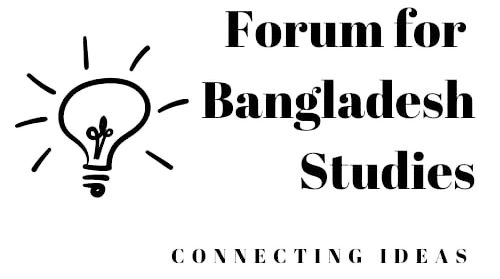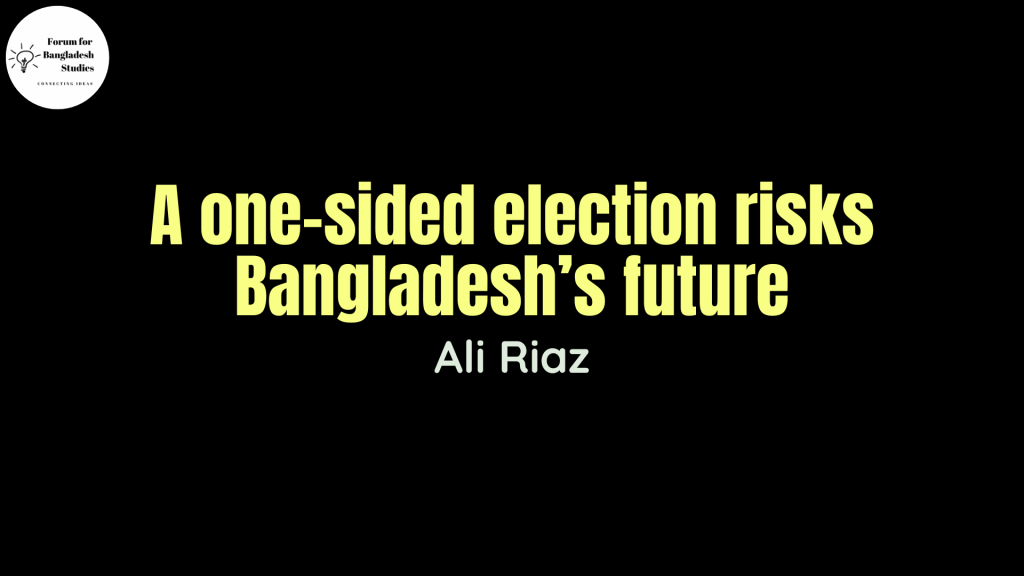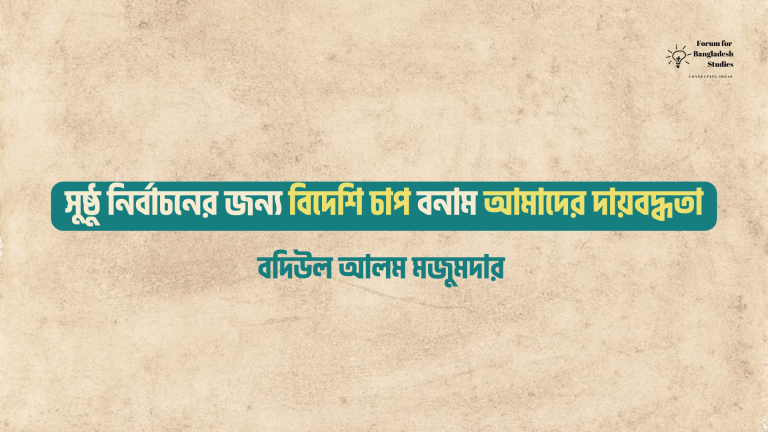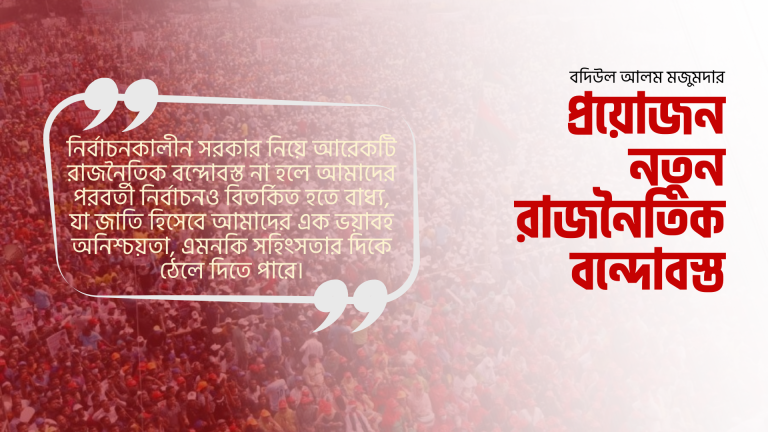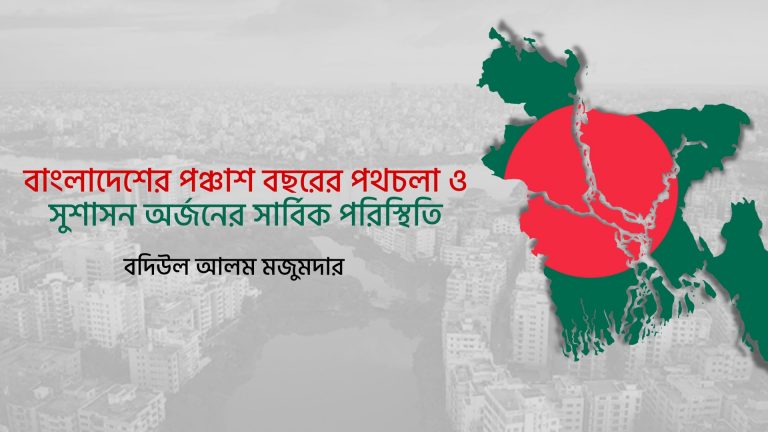The January 7 Bangladesh general election is set to deliver a victory to Sheikh Hasina’s Awami League party. It might also turn out to be a watershed moment in the country’s history.
Despite some similarities with the past two elections of 2014 and 2018, the post-election scenario in 2024 is likely to be different.
Formidable challenges, both domestic and international, will stare Hasina in the face in her fourth consecutive term in office, with serious implications for the country’s economic, political and diplomatic trajectories.
The road to the 2024 election is littered with intrigue, machination, crackdown on the opposition, mass arrests, violence and misuse of the state apparatus. Even the judiciary has been mobilised to keep the main opposition political party, the Bangladesh Nationalist Party, out of the contest. And yet the election is packaged as participatory.
The question is whether the voters will show up to cast their ballot. When the Bangladesh Nationalist Party (BNP) boycotted the election in 2014 there was low voter turnout, which undermined the Awami League’s (AL) claim of gaining a popular mandate. The election of more than half of the parliament members unopposed in 2014 made that claim untenable.
To avoid a repeat of 2014, this time around the AL has filed ‘dummy’ candidates — allowing its own party members to contest as ‘independents’ against the official candidates — hoping that these candidates will bring their supporters to the polling booth.
However, the Hasina government is not banking on dummy candidates alone. It has also targeted the most vulnerable segments of society with the threat of losing welfare benefits if they don’t cast their vote.
This is quite a sizeable number: 12.8 million Bangladeshis are recipients of social benefits and an additional 19.7 million receive stipends to support enrolment of primary and secondary school children.
In many places, recipients’ beneficiary ID cards have been confiscated by the local AL leaders with the promise that they will be returned after the cardholder casts their vote. Whether these tactics will bear fruit remains to be seen.
Unlike the previous elections, however, voter turnout will not tell the whole story.
Sheikh Hasina and her party are already under a moral cloud of being non-participatory. The legitimacy of Hasina’s impending victory is further undermined by several other factors such as the setting up of three ‘King’s’ Parties, the timing of the crackdown against the opposition, the failed attempt to split the BNP, the use of state machinery to cajole and coerce individuals and organisations to join the election and continued violence involving the ruling party’s supported candidates and independents.
In the past year, experts have raised questions about the constitutionality of the 15th Amendment to the Bangladesh Constitution, which repealed the caretaker government provision.
Given the multitude of factors that undermine the legitimacy of Hasina’s forthcoming victory, the 2024 election will further exacerbate the political crisis in the country.
The catchphrase of US elections since 1992 — ‘it’s the economy, stupid’ — applies to Bangladesh as well. The AL’s claim of delivering economic development at the expense of democracy has started coming apart at the seams.
Bangladesh’s economy continues to spiral towards a crisis. Foreign exchange reserves have shrunk to less than USD$20bn and are dwindling and external debt has reached almost USD$100bn with a debt servicing payment figure that will hit USD$3.56bn in the current fiscal year.
The banking sector is in disarray with non-performing loans constituting 10.11 percent of the total. The liquidity crisis has led to the risk of halting of bank transactions on several occasions. Inflation is over 9 percent according to official figures, while market price suggests a far higher rate. And the Bangladeshi currency (Taka) has depreciated about 28 percent over the past year.
In the past months the remittance flow, as well as export earnings (including from the readymade garments sector), have been declining.
These problems have led to three rating companies — S&P, Moody’s and Fitch — downgrading Bangladesh’s sovereign credit rating.
Crony capitalism, rampant corruption and a high rate of capital flight have also contributed to the economic crisis and benefited a small coterie close to the regime. These members of the civil services, police and law enforcement agencies, military and business elites, are key to the continuation of the regime.
As the economic crisis exacerbates, those milking the system of spoils will demand even more concessions for their support. The new government will neither have the political will nor the public mandate to deliver them.
The downturn in the economy is already causing serious hardships to the middle and lower-middle classes, while the poor are barely surviving. The dry tinder only needs a spark to unleash popular unrest.
There will also be a geopolitical fallout of the one-sided polls.
Bangladesh’s election has drawn international attention as the United States and the European Union have repeatedly called for a free, fair and inclusive election, while Russia, China and India have stood by Sheikh Hasina.
Russia and China have accused the US of interfering in Bangladesh’s internal affairs. Hasina has claimed that the US intends to depose her. Although the US has maintained silence since the crackdown on the opposition began and the election schedule was announced, speculation is rife that it may impose punitive measures after the election.
If the US and the Western nations, Bangladesh’s major trade partners and sources of investments, opt for a punitive policy, the economic crisis will deepen further.
This crisis could drive the new government more towards China which has the deep pockets to help the government with the goal of having more influence. Recent overtures from China send a clear signal in this regard. A combination of these factors points to a dramatic shift in Bangladesh’s foreign policy orientation.
An immediate and key issue after the election will be how the government intends to deal with the opposition, particularly the BNP. Recent statements by AL leaders suggest the option of banning the BNP. This could result in further violence and chaos.
The opposition is more likely to feel an existential threat as the space for dissent and political activism may well disappear.
Bangladesh’s post-election political scene may then soon become akin to Cambodia under Hun Sen and China under the Communist Party where only parties with cooperative relations with the incumbent can exist.
The country is heading into uncharted territory as the distinction between the state, government, and party is obliterated. The general election could well put a seal on a personalised autocracy.
Originally Published: 360info, 4 Jan 2024
